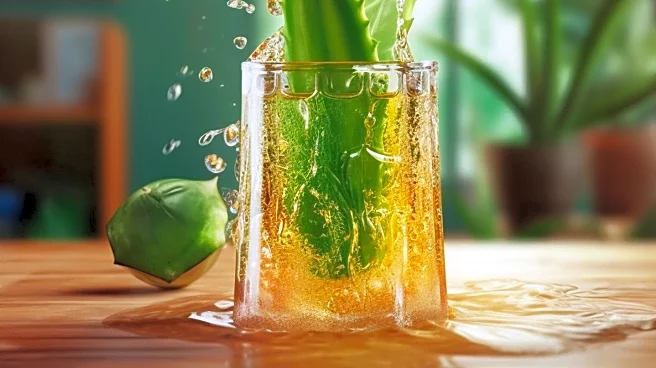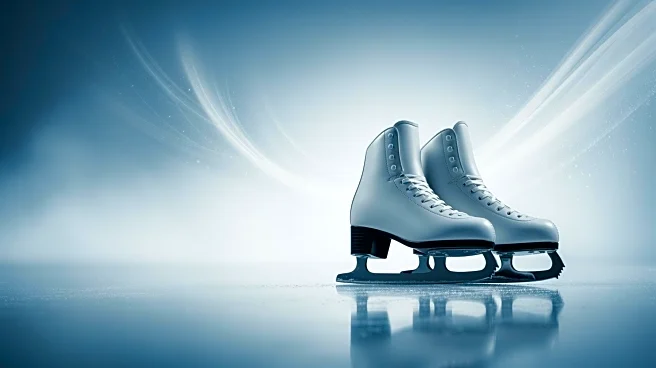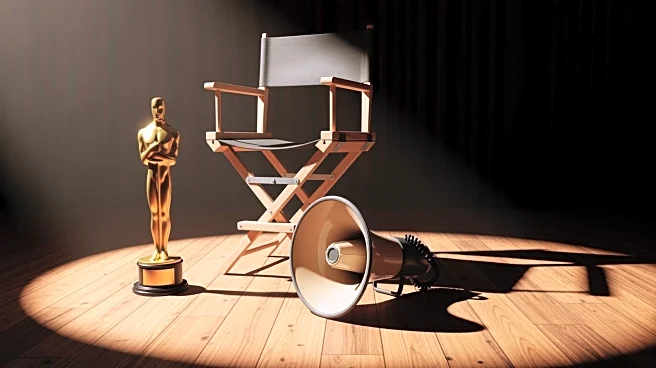What's Happening?
The market for alcohol-free beverages is experiencing significant growth in the U.S. as more Americans choose to moderate their alcohol consumption. This trend, described as 'self-prohibition,' is driven by increased awareness of the health risks associated with alcohol. Retailers like Spirited Away in Manhattan have expanded their offerings from a dozen to about 300 brands of non-alcoholic beer, wine, and spirits. The shift is particularly notable among young adults, who are drinking less than previous generations. The non-alcoholic beverage industry is projected to be worth $5 billion by 2028, with major alcohol producers introducing zero and low-alcohol options.
Why It's Important?
The growing popularity of non-alcoholic beverages reflects broader societal shifts towards health consciousness and moderation. This trend poses challenges and opportunities for the traditional alcohol industry, which may need to adapt to changing consumer preferences. The rise of non-alcoholic options also highlights the potential for innovation and diversification within the beverage market. As consumers increasingly prioritize health and wellness, businesses that align with these values may gain a competitive edge. The trend also suggests a cultural shift in socializing habits, with implications for industries related to nightlife and entertainment.
Beyond the Headlines
The movement towards non-alcoholic beverages may have deeper cultural implications, signaling a shift in how society views alcohol consumption. This change could influence public health policies and campaigns aimed at reducing alcohol-related harms. Additionally, the trend may impact social norms and expectations around drinking, particularly among younger generations. As the market for non-alcoholic options grows, it may also encourage further research and development in the field of functional beverages, which offer health benefits beyond traditional drinks.










